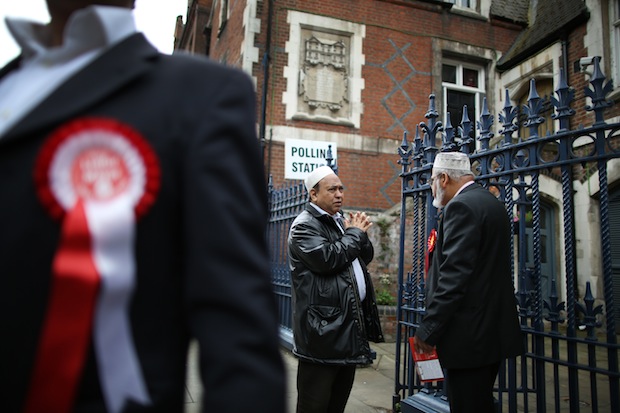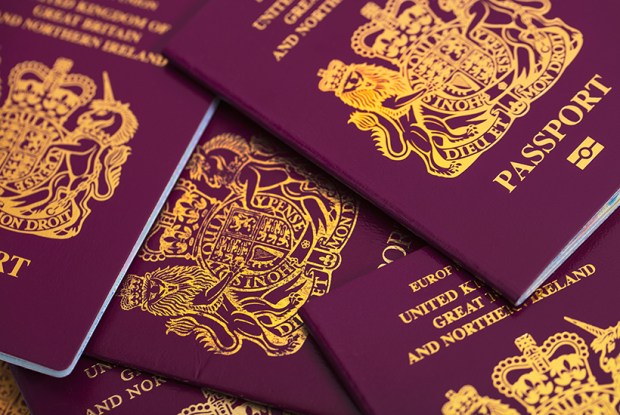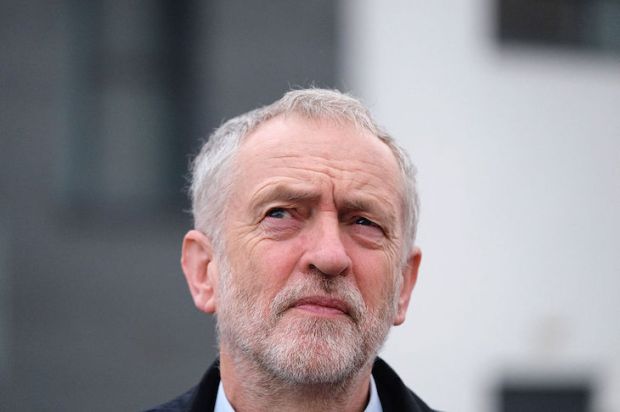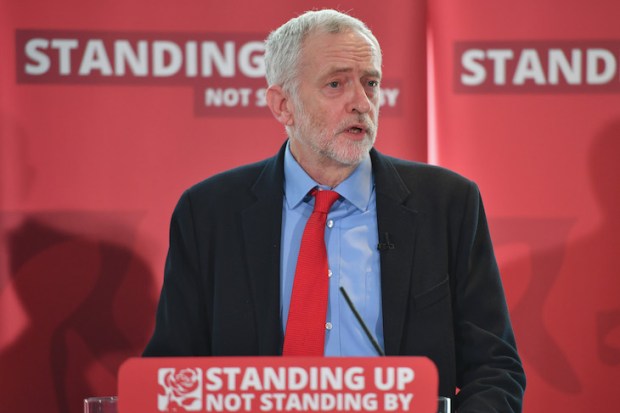So, now almost all the votes have been counted — except for those in the Islamic Republic of Tower Hamlets, where the vibrant and colourful political practices of Bangladesh continue to keep the returning officers entertained. Allegations of widespread intimidation of voters at polling booths, postal voting fraud and a huge number of mysteriously spoiled ballot papers; so much more fun than the usual dull, grey and mechanistic western electoral procedure. You wonder, looking at the exotic political fervour of Tower Hamlets, how on earth the British people could be so mean-spirited as to have developed this sudden animus against immigration. White British people now make up less than one third of this exciting, go-ahead borough; how they must love it there.
Meanwhile, in the rest of London, especially the more infidelish parts, the Labour party did exceptionally well. The party doubled its number of MEPs to four, and finished with 300,000 votes or so more than the Conservatives. One of its triumphant candidates, Claude Moraes, said that London had ‘bucked the national trend’; you’re not kidding, mate. And while senior party members exulted in this performance, they seemed unwilling or unable to grasp that is it precisely the reason why they are scarcely ahead in the opinion polls and will struggle next May.
The paradox was perfectly exemplified by the Blairite journalist Dan Hodges in two consecutive, mutually contradictory blogposts. In the first, he asserted that Labour’s performance in these elections confirmed that the Conservatives would win the next general election: he’s probably right about that. And in the second he howled about the anti-metropolitan broadside delivered by Ukip: if there is to be a cultural war between London and the rest of the country, Hodges averred, ‘Then bring it on — we will win!’
But here’s the point, Dan, old chum: you didn’t win — Ukip did. And your own prediction is that you will not win again next year. In fairness, Dan’s mindset seems to be shared by the entire leadership of the party and of course his hero Tony Blair, who put his seriously concerned face on and warned the errant British people not to be beastly about migration — for which many thanks, Tone. That will have added another few points to Ukip’s standing in the polls.
The miracle for Labour is that anyone is prepared to vote for the party outside London; that is perhaps down to a crop of decent councillors here and there and a sort of historic memory among the populace about what Labour used to stand for. But the votes are receding beyond the M25. Not many people in vast swaths of the East Midlands are prepared to vote Labour any more, and the disaffection is heading north with some rapidity. Extraordinarily, Labour came a very poor second to Ukip in the Yorkshire and the Humber region — Middlesbrough, Hull, Sheffield, Leeds, Doncaster, places you would expect the party to waltz home with plenty of votes to spare. And I suspect a huge proportion of the 27 per cent who voted Ukip in the more reliably Labour territory of the north-west were erstwhile Labour voters.
I’m not usually one for predictions but my suspicion is that in the Newark by-election the big story will be the collapse in Labour’s vote, the vast majority of the working-class element decamping to Farage’s bunch. The northern Tories, for a number of complex socioeconomic reasons, do not buy into Ukip; when Ukip wins in the north and Midlands, it is Labour votes that are being taken.
This is a consequence of Dan Hodges’s ‘cultural war’. I do not think that the success of Ukip was down primarily to a disaffection with the European Union, despite the wailing and gnashing of teeth within the Liberal Democrats. Part of it was an increasingly toxic loathing of the absolutist mores and shibboleths of the liberal London elite, but most of it, the real reason for Ukip’s remarkable success, was a consequence of immigration, full stop. It is not as if Labour had not been warned. More than a decade ago voters in the north were prepared to risk social opprobrium by voting for Nick Griffin’s shaven-headed headbangers in the BNP, because it was the one party which confronted immigration — and its effects, its many, many deleterious effects, if you’re not terribly affluent — head on. At the time one or two perceptive local Labour MPs — the excellent Anne Cryer and Frank Field, for example — warned that political correctness and political cowardice had resulted in an angry and mutinous indigenous white population, and was harming both the party and society.
And that was before the enormous influx of immigration from the eastern edges of the EU. Such an unimaginably enormous social change imposed upon people who, when they were asked their opinions about it, were castigated as ‘racist’. The biggest social change this country has ever experienced — and remember, outside London, Labour’s voter base is the most immigration-averse.
In any truly representative Labour shadow cabinet, there would be a place for the fine Bassetlaw MP John Mann. But the current shadow cabinet is drawn overwhelmingly from the affluent south-east, especially London — and more than one third of the top 14 posts are held by MPs who were privately educated. Mann blamed Ed Miliband and this ‘metropolitan elite’ for the party’s dismal showing outside London. He is right, of course; and next door, in Newark, he will be proved right again.
Got something to add? Join the discussion and comment below.
Get 10 issues for just $10
Subscribe to The Spectator Australia today for the next 10 magazine issues, plus full online access, for just $10.
You might disagree with half of it, but you’ll enjoy reading all of it. Try your first month for free, then just $2 a week for the remainder of your first year.















Comments
Don't miss out
Join the conversation with other Spectator Australia readers. Subscribe to leave a comment.
SUBSCRIBEAlready a subscriber? Log in